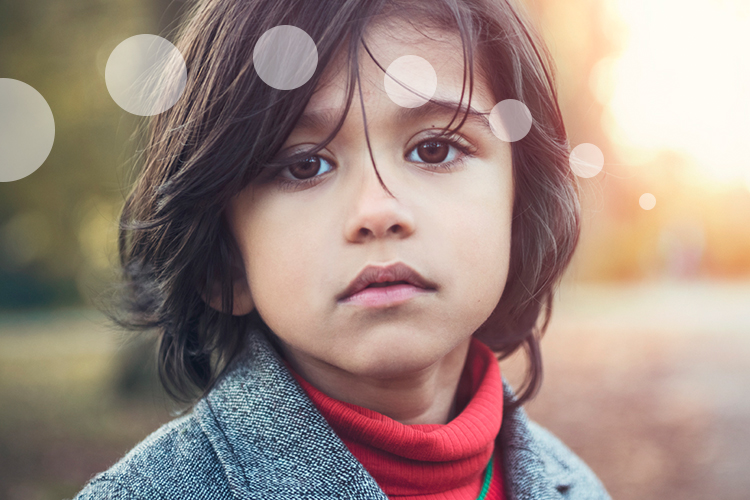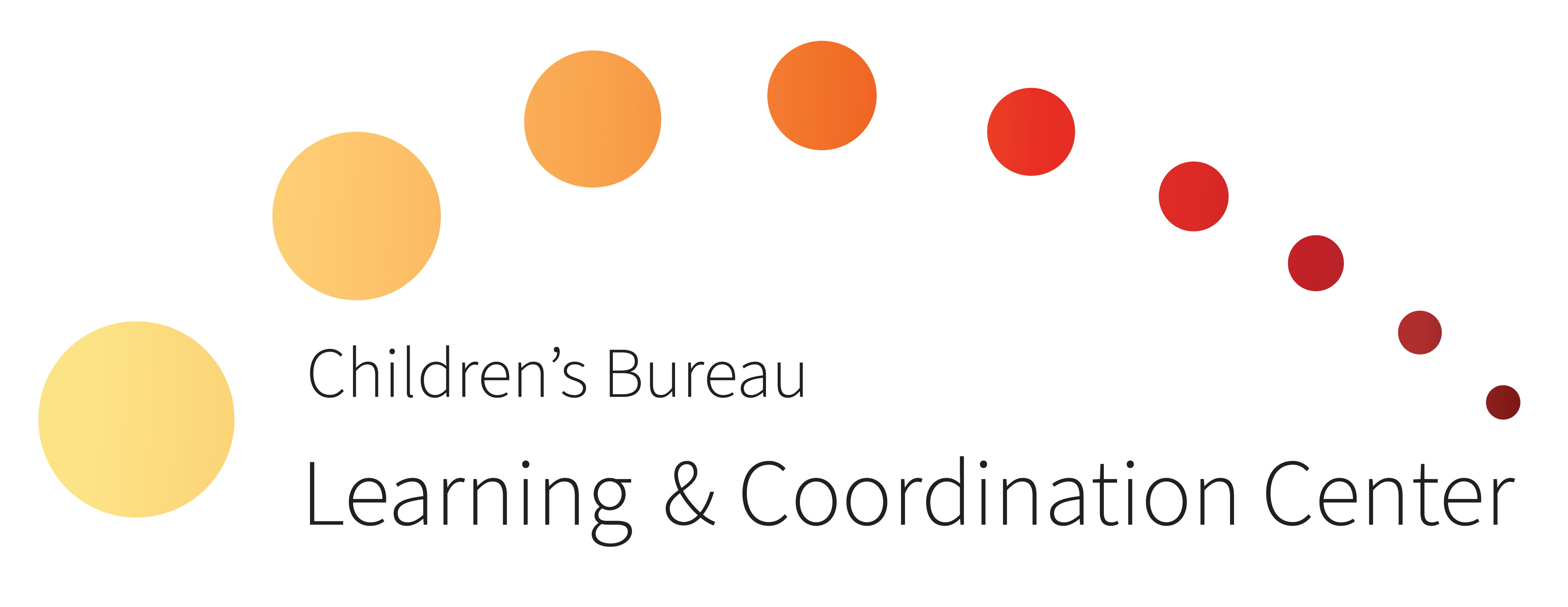Resilience & Well-Being
- Home
- •
- Topic Areas
- •
- Resilience and Well-Being
New science is helping us to understand resilience and how it helps us to process traumatic events in ways that minimize damage to their physical health, mental health, and relationships. Here we focus on the biological processes that undergird resilience, the types of environments and experiences that help children strengthen their resilience, and effective strategies for working with children and families in ways that promote and support resilience.
Featured Resources

A Two-Generation Approach to Addressing the Mental Health Needs of Children and Youth
A conversation with staff at Children's Wisconsin, a children's hospital system in Milwaukee with clinics statewide, who are collaborating with community support and behavioral health teams to build local mental wellness capacity.

ACF Video Series on Early Childhood Social Emotional Development and Mental Health and Caregiver Well-Being
A series of short videos to spotlight the importance of robust social emotional development and mental health support strategies within programs serving young children and their families.

HOPE (Interactive Learning Module)
This short learning module allows you to hear directly from Dr. Bob Sege about HOPE (Healthy Outcomes from Positive Experiences). Learn, test your knowledge, and develop action plans.
Complete List of Resources
Videos and Social Media
- NEWSocial Media Resources for Purposeful Parenting
Several captivating social media messages to use in your own e-mails, newsletters, presentations, or other tools, or share directly to your Facebook page. - Children's Social-Emotional Mental Health & Caregiver Well-Being Videos
Early childhood experiences can strengthen or disrupt a young child's development. Learn more about how supporting a child's social emotional development and the well-being of their caregivers is a proactive prevention approach to promoting positive long-term outcomes.
Tools and Tip Sheets
- HOPE (Interactive Learning Module)
This short learning module allows you to hear directly from Dr. Bob Sege about HOPE (Healthy Outcomes from Positive Experiences). Learn, test your knowledge and develop action plans. - From the Field: Balancing ACEs with HOPE [PDF]
Learn about the role of positive experiences early in life as powerful factors that can break the link between Adverse Child Experiences (ACEs) and poor health.
Digital Dialogue Recordings
- NEWA Two-Generation Approach to Addressing the Mental Health Needs of Children and Youth
Watch our conversation with staff at Children's Wisconsin, a children's hospital system in Milwaukee with clinics statewide, who are collaborating with community support and behavioral health teams to build local mental wellness capacity. - The Science and Practice of Self-Regulation
In this Digital Dialogue, we will be focusing on what the science tells us about resilience, healing, and self-regulation. Learn more about the brain's anatomy and practical tips for identifying restorative practices that work when your body is under stress.
External Resources
Partners
- Well-being and the Young Child
FRIENDS National Resource Center
This collection of guidance and resources focuses on the role that prevention programs can play in promoting the well-being of families with young children. - HOPE (Health Outcomes from Positive Experience) National Resource Center
HOPE – Healthy Outcomes from Positive Experiences – represents a paradigm shift in how we see and talk about the positive experiences that support children's growth and development into healthy, resilient adults. - Center for the Developing Child
Harvard University
The Center’s Mission is to drive science-based innovation that achieves breakthrough outcomes for children facing adversity.

